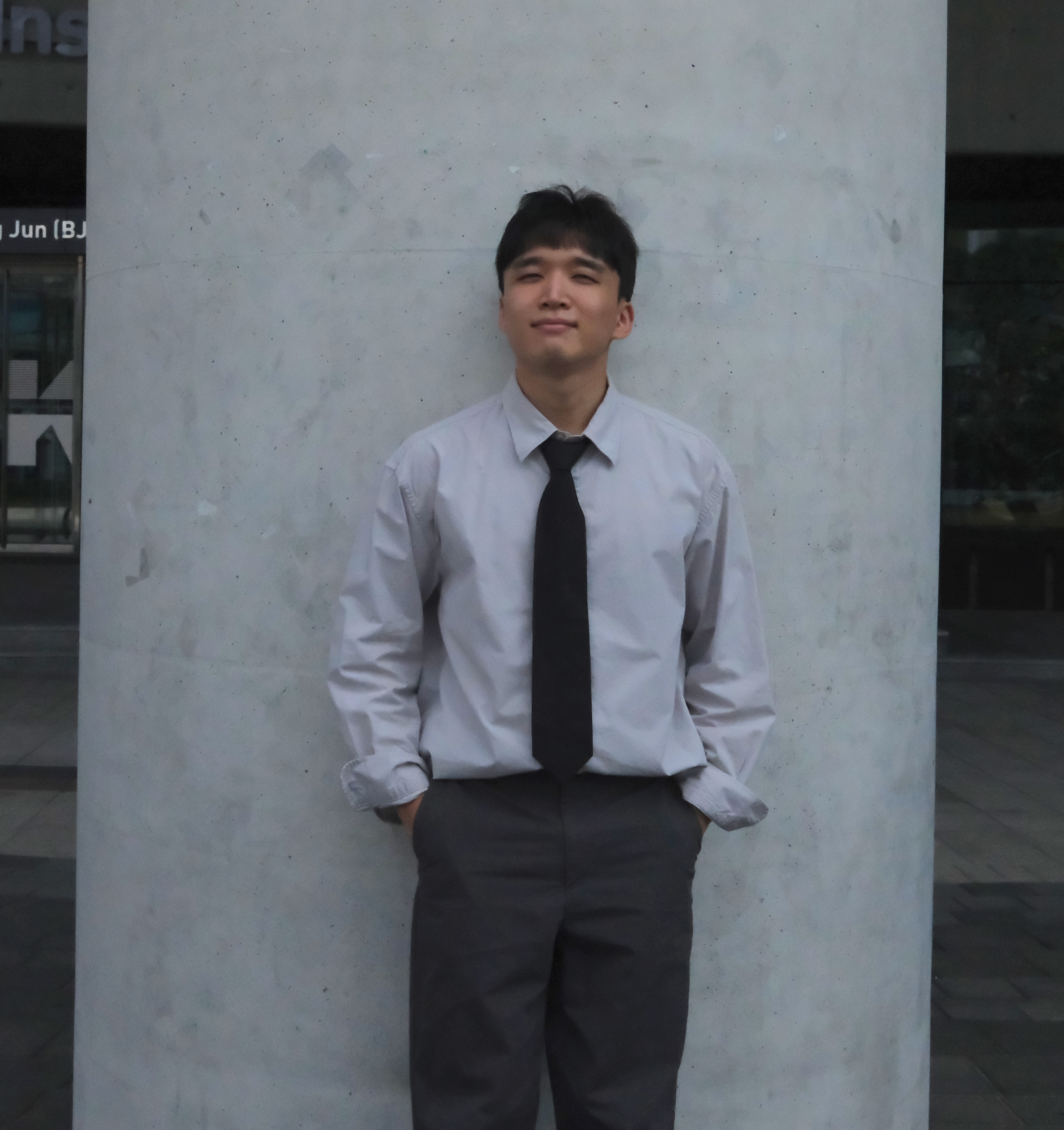Young Mok Jung | PhD
tom418 [a.t.] alumni.kaist.ac.kr | Google Scholar | Linkedin | CV

Currently at Apple, I work as a Machine Learning Engineer on data-centric AI for multimodal foundation models. With 7+ years of experience across academia and industry, my focus has been on building AI/ML systems where robustness, generalization, and strong performance come from the data itself.
Previously at Inocras, I led AI/ML efforts in genomics — developing genomic foundation models, minimal residual disease (ctDNA) detection (JCO 2025), and large-scale cloud/HPC optimizations.
During my PhD at KAIST, I created BWA-MEME (Oxford Bioinformatics 2022), a high-speed genomic data preprocessing tool now in production worldwide; developed semi-supervised and domain adaptation frameworks for deep variant callers; and built LiveNAS (SIGCOMM 2020), an online-learning super-resolution deep learning system for live video.
Over the years, I have worked across diverse domains, including AI-enhanced video delivery systems, data center networking, genomics data preprocessing software, and now, large-scale multimodal foundation models.
Keywords: Deep-learning and Machine-learning, Generative AI, High-performance network systems
selected publications
- SIGCOMMNeural-Enhanced Live Streaming: Improving Live Video Ingest via Online LearningIn Proceedings of the Annual Conference of the ACM Special Interest Group on Data Communication on the Applications, Technologies, Architectures, and Protocols for Computer Communication, Virtual Event, USA, 2020
Resume
Work
-
2025.10 - Present San Diego, US
-
2023.08 - 2025.09 San Diego, US
AI Tech lead
Inocras .Inc
Leveraging AI and ML to transform genome analysis into a scalable, data-driven approach capable of handling million-genome scale data
Awards
- 2023
Samsung Humantech Paper Award
Samsung Electronics
Awarded Silver-prize (118 out of 1972 papers) for the paper titled 'Co-optimizing for Flow Completion Time in Radio Access Network' at the 2023 Samsung Humantech Paper Award.
- 2022
Samsung PhD Sponsorship
Samsung Electronics
Awarded full scholarship for Ph.D. program at KAIST by Samsung Electronics.
- 2020
1st Place in Kiwoom US Stock Trading Competition
Kiwoom
Secured 1st place out of 10,000 participants in Kiwoom’s US Stock Trading Competition, achieving a 201% return on investment over 11 weeks. Consistently maintained a similar ROI (180-200%) in the subsequent two competitions, placing in the top 50.

